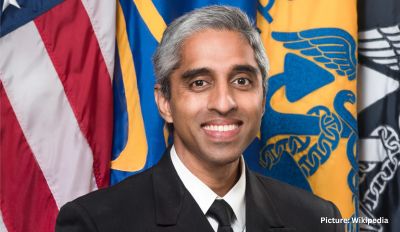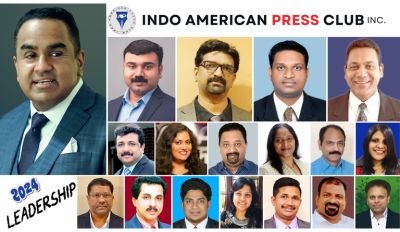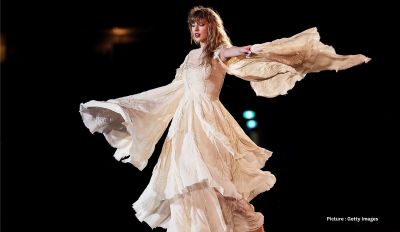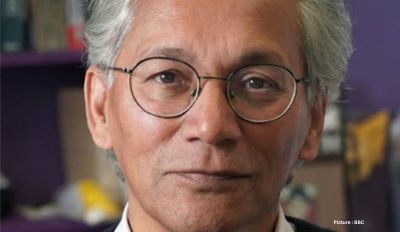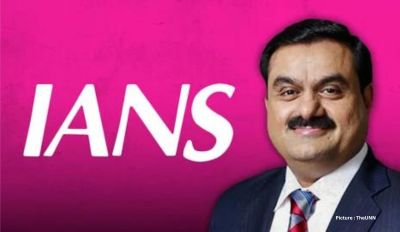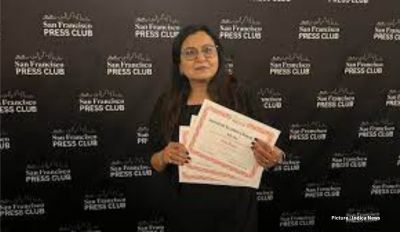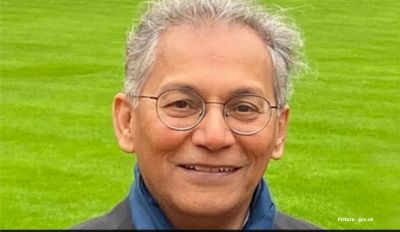Days after a BBC documentary examining the role that Narendra Modi, now prime minister of India had played in 2002 communal riots in Gujarat was released, India’s Information Ministry announced that all links to the footage were to be banned on social media.
The BBC has said its documentary was “rigorously researched according to highest editorial standards”.
India’s federal government described the two-part documentary India: The Modi Question as “propaganda” and invoked an emergency law to block it on YouTube and Twitter. The response by the Indian government was quick and draconian. Emergency laws brought in by the Modi government just two years ago were used to enforce the ban.
Both Twitter and YouTube quickly complied with the government’s censorship requests. Posts on about 50 Twitter accounts were removed, with activists, politicians and even Hollywood actors among those affected, as well as an unspecified number of YouTube channels. Widely shared clips of the documentary, which alleged that Modi, in his role as chief minister of Gujarat at the time, had enabled and then did nothing to stop the violence in which almost 1,000 Muslims were killed, quickly disappeared from Indian social media.
It is not the first time the Modi government has used the 2021 information technology rules to censor online content critical of the administration. However, the action taken over the BBC documentary is among the most high-profile use of the legislation and sheds light on the fragile and fractious place that social media such as Twitter now occupy in India and directly pits the vow of the platform’s new billionaire owner, Elon Musk, to be a “free speech absolutist” against increasingly authoritarian laws governing the country’s online sphere.
Widely criticized by human rights groups and digital activists, the 2021 IT rules give the government power to remove any content it deems to threaten “the unity, integrity, defense, security or sovereignty of India”.
Even before the passing of the legislation, legal demands made by the Modi government to remove content from Twitter increased by 48,000% between 2014 and 2020, according to the analysis of the company’s transparency reports.
The two-part BBC series documenting the rise of Modi has proved highly controversial in India, despite it only being released in the UK, prompting allegations from the Indian foreign ministry that it was “biased propaganda” that showed a “blatant colonial mindset.”
Kanchan Gupta, a spokesperson for the information ministry, called the documentary “hostile propaganda and anti-India garbage” and students who arranged a screening at a university in Kerala this week were accused of being “treasonous”.
At Delhi’s prestigious Jawaharlal Nehru University, students who tried the same were hit with an electricity and internet blackout and had stones thrown at them by others from rightwing groups. New Delhi police, clad in riot gear and equipped with tear gas, arrested nearly a dozen students at Jamia Millia Islamia (JMI) university ahead of a planned screening. Authorities at the University of Hyderabad are also investigating a screening of the documentary on Saturday.
A local branch of the opposition Congress Party in the southern state of Kerala screened the banned BBC documentary about Prime Minister Narendra Modi’s role in the 2002 anti-Muslim riots in Gujarat, NDTV reported.
The documentary aired Jan. 17 and charts Modi’s political rise through the ranks of the Hindu nationalist Bharatiya Janata Party (BJP) and becoming chief minister of the western state of Gujarat.
It focuses at length on the 2002 Gujarat riots—one of the worst outbreaks of religious violence in India’s recent history—that took place while he led the state. After a train carrying Hindu pilgrims was set on fire in the state, and 59 people were killed, grieving citizens blamed Muslims. Revenge attacks led to over 1,000 deaths.
The documentary highlighted an unpublished report from the U.K. Foreign Office that claims Modi was “directly responsible” for the “climate of impunity” that enabled the violence. Modi denies accusations of personal responsibility for the riots, and his supporters cite a 2013 Supreme Court ruling of there being insufficient evidence to prosecute him.
The BBC also uncovered memos showing that Modi’s conduct was criticised at the time by western diplomats and the British government, including in a government report which found that the riots had “all the hallmarks of an ethnic cleansing”.
Modi has been haunted for decades by allegations of complicity in the violence that took place during the Gujarat riots, which broke out after 59 Hindu pilgrims died on a train that had been set on fire. The fire was blamed on the state’s Muslim population.
Many have cited their compliance with the online censorship of the documentary as an example of how Twitter and YouTube are helping to further erode freedom of speech in India, in order to appease the Modi government and not compromise access to the vast and increasingly online Indian population. There are over 40 million Twitter users in India, making it their third largest market after Japan and the US.
“This use of an emergency law as a censorship mechanism is a very worrying development but it’s far from the first time this has happened,” said Prateek Waghre, the policy director at the advocacy group the Internet Freedom Foundation in India. According to a statement to parliament in July, action was taken against 94 YouTube channels, 19 social media accounts and 747 URLs on the government’s request since the IT rules were passed.
Before Musk’s takeover, Twitter had pushed back – though somewhat inconsistently – against the Modi government’s increasingly heavy-handed approach towards social media. Twitter had restored some of the accounts the administration had demanded the removal of and in July last year filed a lawsuit in Indian courts alleging New Delhi had abused its power by ordering the company to arbitrarily and disproportionately take down accounts belonging to government critics.
Yet for all his protestations to be a crusader for free speech, there are indicators that Musk’s Twitter might be far less bullish in standing up to the Modi government. When Musk was trying to back out of the deal to buy the platform, he made it clear in the court filings that he was unhappy with the lawsuit against the Indian government, saying he believed moderation should Media/Technology“hew close to the laws of countries in which Twitter operates.”
“We’re talking about pressures on freedom of speech in the world’s largest democracy,” Waghre said. “Musk’s pledge has rung hollow everywhere, but in India the impact will certainly be larger.”
The decision to block the documentary comes amid an increasingly challenging environment for media and freedom of the press under the Modi government, with critical journalists and media subjected to state and judicial harassment. Last year, India slipped eight places in the press freedom index to 150 out of 180 counties, its worst position on record. (https://www.theguardian.com/world/2023/jan/25/india-ban-on-bbc-modi-film-elon-musk-twitter-free-speech-emergency-laws)


